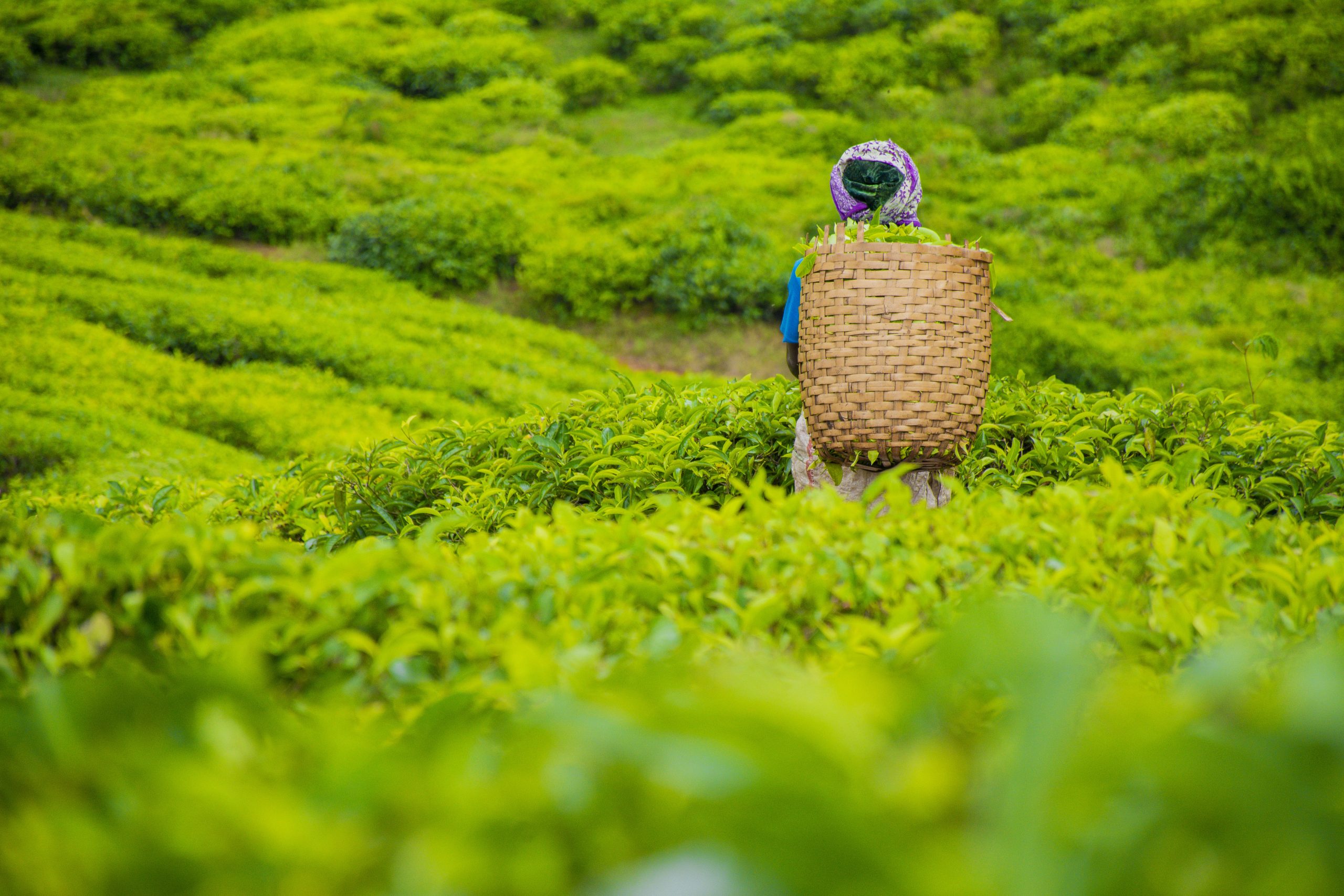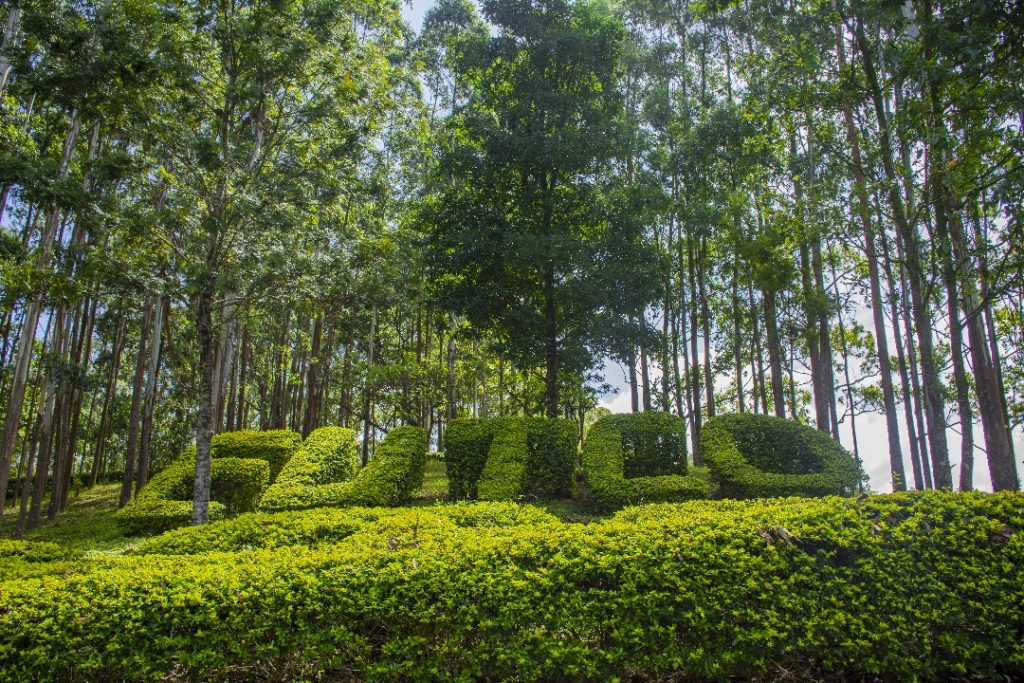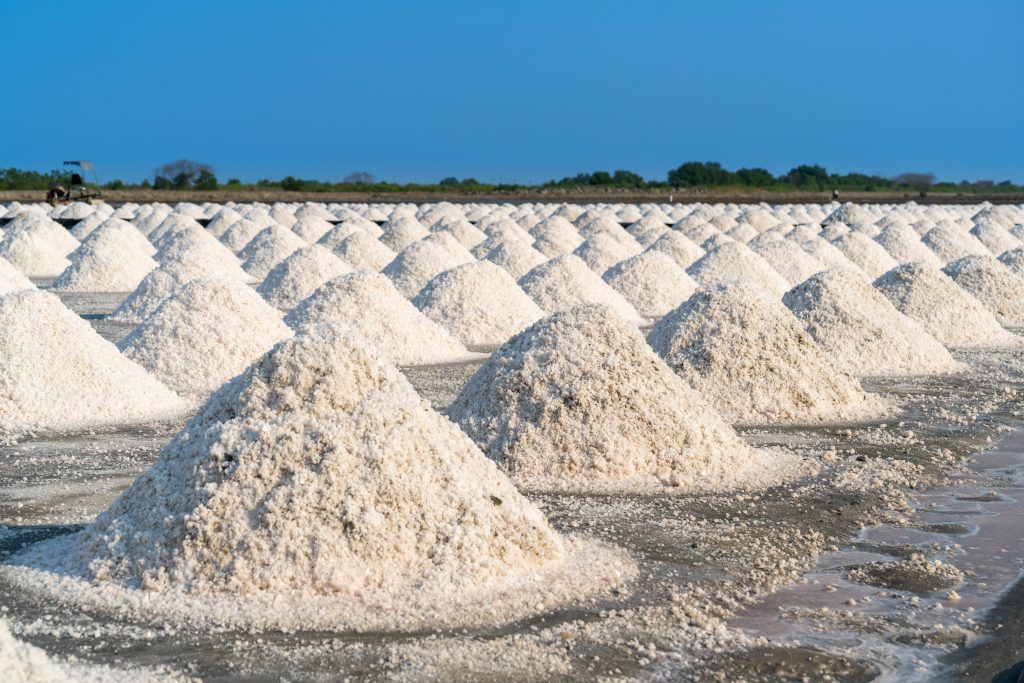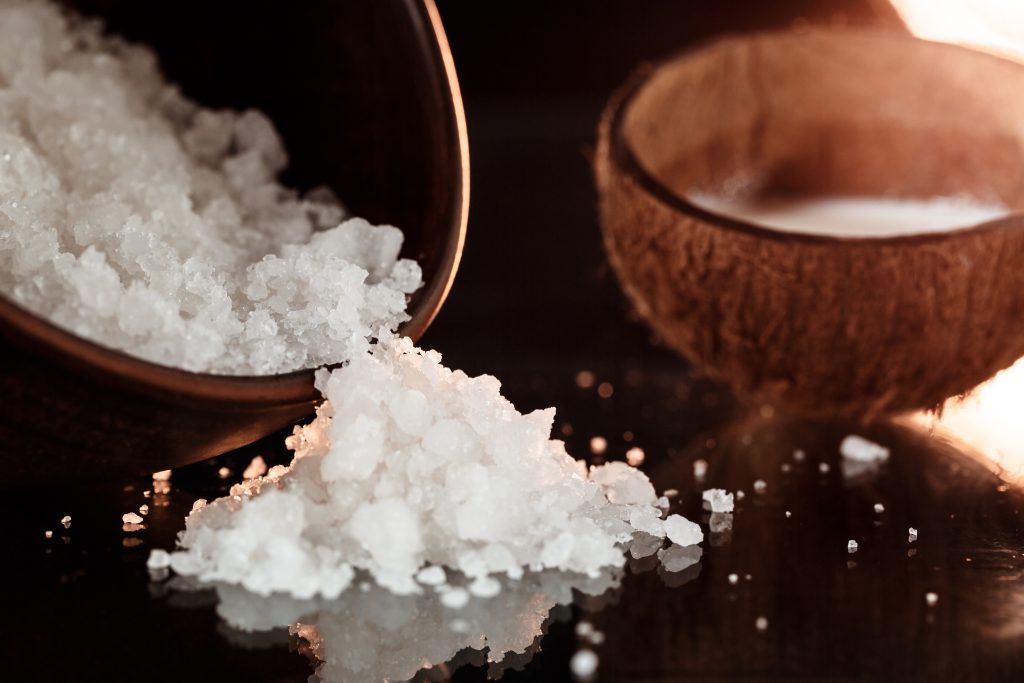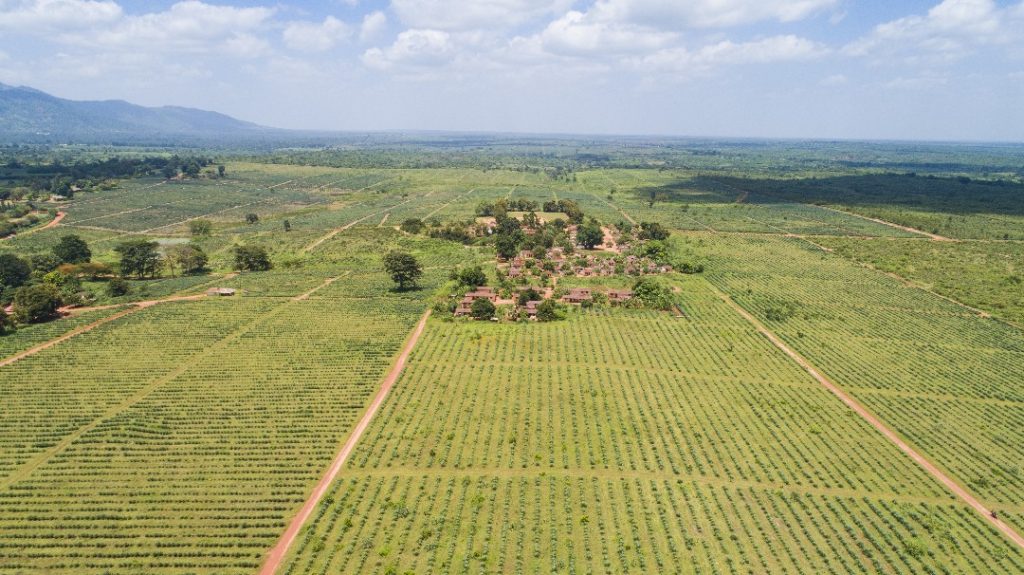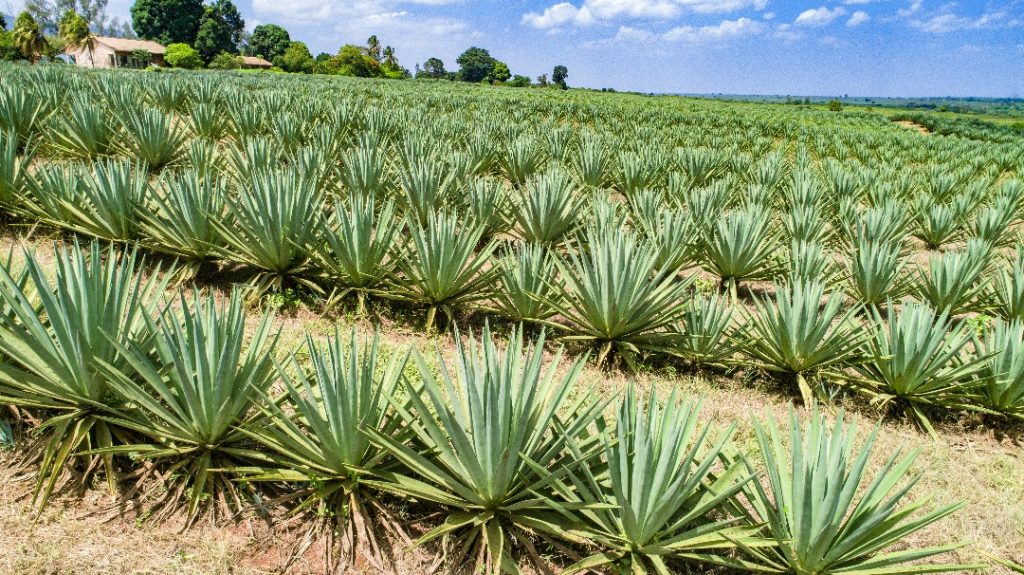AGRICULTURE – FARMING, HARVESTING & MINING
East Usambara Tea Company Limited
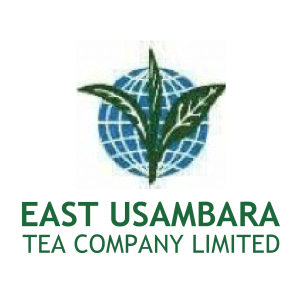
The EUTCO tea estates are situated in Northern Tanzania, on the East Usambara Mountains, at an altitude of 900 meters (3000 feet) above mean sea level. The estates are surrounded by indigenous rainforests, which are considered unique in terms of biodiversity and are part of the Amani Nature Reserve, a biodiversity hotspot with many endemic species of flora and fauna. EUTCO is currently the third-largest producer of top-quality tea in Tanzania. We are focused on producing tea in the most cost-effective, sustainable manner consistent with responsible employment and environmental practices. In 2012, the company invested US$ 1.25 million in new and improved tea machinery for the modernization of Kwamkoro and Bulwa Tea Factories. This investment will improve efficiencies, reduce costs, and result in better tea grades. The company is expected to double the production capacity to 5 million kgs of black tea, given a yield potential of 2,500 kgs of made tea per hectare.
Nyanza Mines (T) Limited

Nyanza Mines is located in Uvinza, Kigoma region, Tanzania. Uvinza is about 120 km from Kigoma Town, a port on Lake Tanganyika. We are approximately 1000 km away from the ocean but are blessed with unlimited high-density brine.
Salt has been commercially produced in Uvinza for over a century, and the source of the saline brine is underground springs. This underground brine has a much higher density than sea brine. The density of Uvinza brine ranges from 15°Be to 17°Be, which is three times more than Sea Brine (2.5°Be to 3°Be). Studies reveal that about 1,000,000 cubic meters of Brine can be extracted per annum, equivalent to 200,000 tons of Salt.
Currently, Nyanza Mines produces and markets two products – Chumvi Mawe (coarse salt) and Chumvi Nzuri (refined salt). Our brand has existed in the market for years and is well known and recognized. The export market accounts for about 60% of our sales volume, mainly to Burundi and the DRC. The local market, which covers approximately 40%, extends to areas up to Mpanda in the South, Ngara in the North, and Tabora to the West of Tanzania.

Sisal is a plant originally from Yucatan, Mexico. The salient feature of this crop is that, unlike any other agriculture crop, it is highly drought-resistant and can survive under extreme conditions. Planting and harvesting can be done throughout the year. Since SEL took over the Estate and Assets in 2007, new life has been injected to transform the sisal business value chain into sustainable growth. The current annual production is 1200 tons. SEL has replanted extensively since 2007 and is expected to substantially increase the output in the coming years. The principal business of the company is sisal cultivation and production of natural fiber.
SEL proudly owns Lugongo estate in the promising Tanga region, spread over 3669 hectares. Almost 1800 hectares are available for proposed expansion and replanting. The projects envisage putting the available area under sisal cultivation and also initiating replanting in the older areas. The finished fiber has a wide variety of applications such as twine & ropes, pulp & paper, textiles, pharmaceuticals, building materials, biogas, and also used as plastic and rubber composites.




















